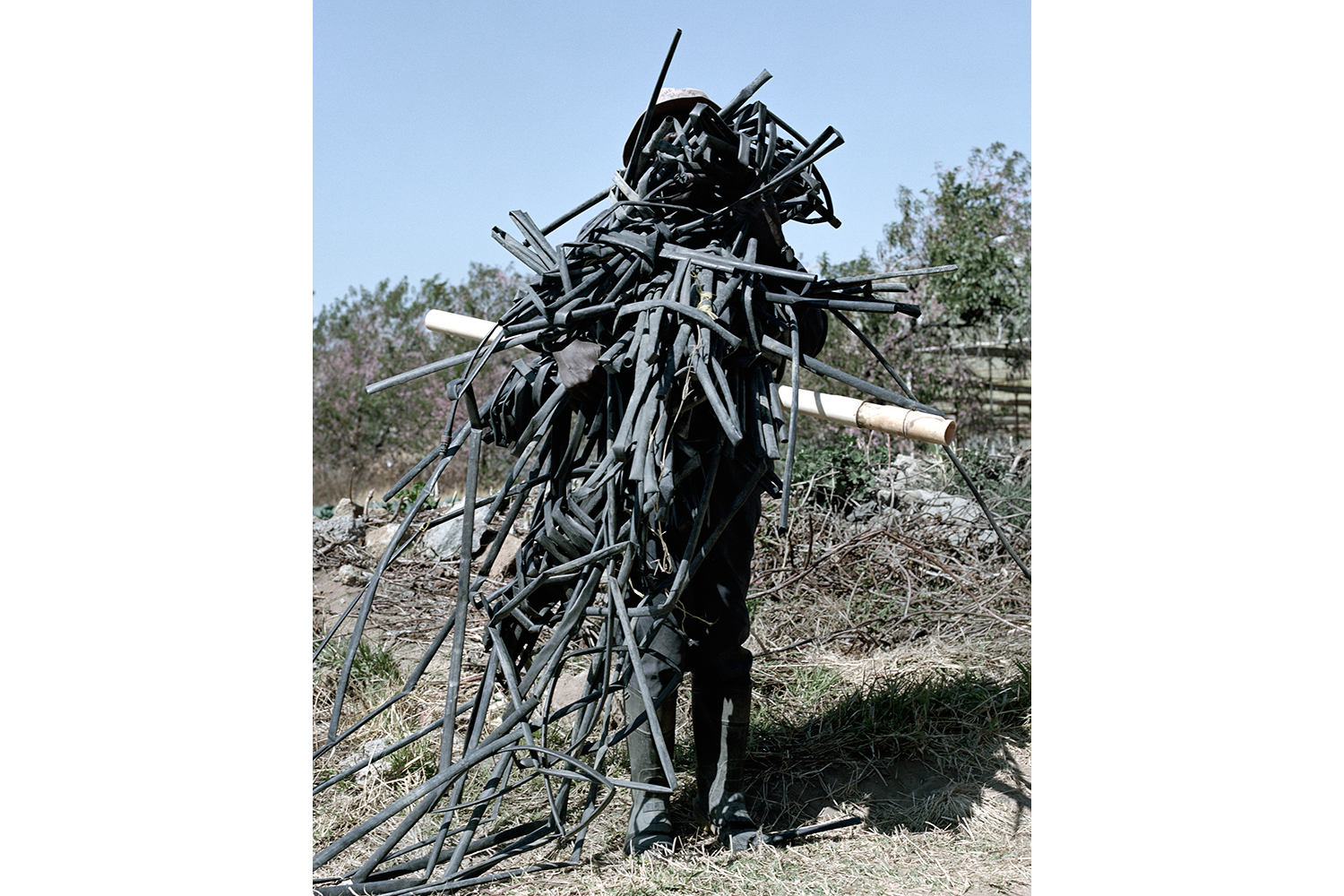
Boston-born, London-based Jackie Nickerson is perhaps best known to photography aficionados for Faith (SteidlMACK, 2007), her quietly beautiful study of Catholic religious orders in Ireland. Her latest book, Terrain, comes from an entirely different direction, both geographically and thematically. Shot in a half-dozen countries across Sub-Saharan Africa, the work in Terrain reveals — or rather, disguises — farm workers in surprising new ways.
Nickerson came to this work via a circuitous route. After spending the first 15 years of her career shooting fashion for high-profile clients like Interview and Vogue, she was simply burned out.
“You’re wasting your life,” she recalls thinking to herself. “If you want to do photography, you’ve got to rethink this whole thing.”
In 1997, a friend invited her on a trip to Zimbabwe for a few weeks. She stayed for four years.
“I bought a small flatbed truck and started to travel all around the country and then went to South Africa, Malawi and Mozambique. I took pictures of everything.” She was hooked, and has been back to Africa many times since.
While Terrain may recall images of laborers by photographers such as August Sander and Irving Penn, Nickerson is after something different. By showing farm workers with the tools and products of their labor, she wants to draw our attention to “our connection to the land, the importance of labor, how we grow things, and our environment. We’ve got to think of ways to make food that’s sustainable,” she argues. “There are green alternatives where people can feed their families and make a good living.”
Furthermore, Nickerson thinks it’s empowering to show her subjects engaged in labor. All too often, she argues, the media define people in the developing world by their poverty, rather than by their contributions—the actions they take every day to put food on the table and keep a roof over their heads.
These are admirable goals. So why doesn’t Nickerson follow the traditional path of “concerned” documentary photography, identifying individuals affected by an issue, and showing the particular details of their lives? Indeed, she rarely shows us any human faces in this project at all, and she totally erases important distinctions of nationality and culture within her diverse assortment of subjects. In effect, she hopes to reveal by concealing; she informs by holding back.
She knows she may be in for criticism from some people for this strategy of concealment, but asserts that we have “become deaf to political messages like global warming, water resources, sustainable development, labor issues and other important problems, because of crisis fatigue. The lack of personal identity in the photographs is a deliberate question mark. Something that wasn’t literal but a little ambiguous, because I believe it’s a more effective way to challenge the viewer to ask, What is this about?”
Her decision to hide her subjects’ faces also serves to underscore the power-dynamic inherent in virtually all forms of portraiture.
“As a photographer, you’re in a powerful position,” Nickerson says. “You’re the ‘taker’ and you have a sitter who is ‘giving’ the image to you. You’ve got to somehow give the power back, you’ve got to even things up, so that everyone can walk away from the situation and feel good about it.”
Having her subjects playfully obscure their identities, Nickerson willingly cedes some of her own power — with the paradoxical result that both the photographer and her subjects emerge richer, aesthetically, by the trade-off.
Jackie Nickerson is a photographer based in London. Her book Terrain (TF Editores) comes out in November 2013, and Jack Shainman Gallery will exhibit the work in January 2014.
Myles Little is an associate photo editor at TIME.
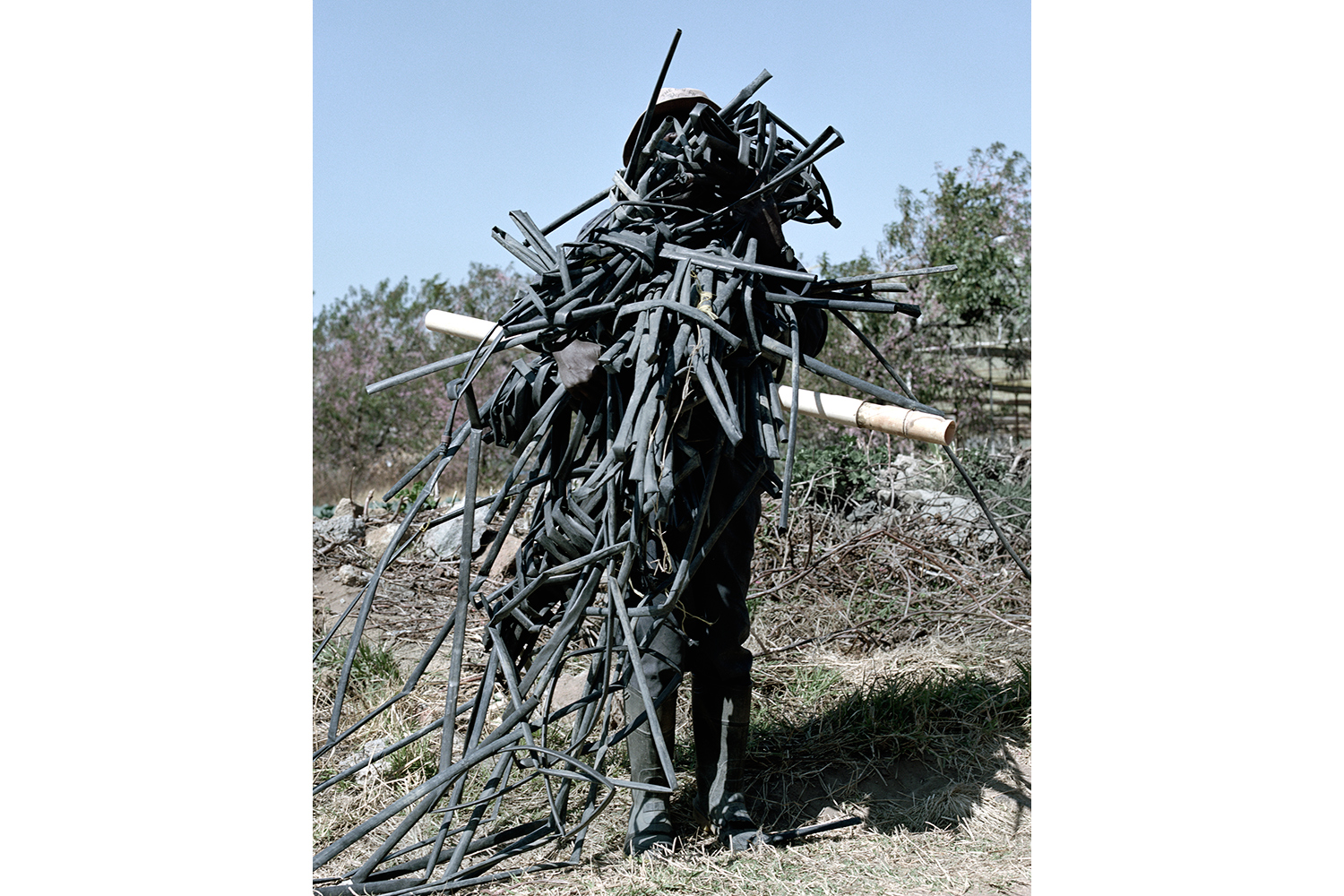
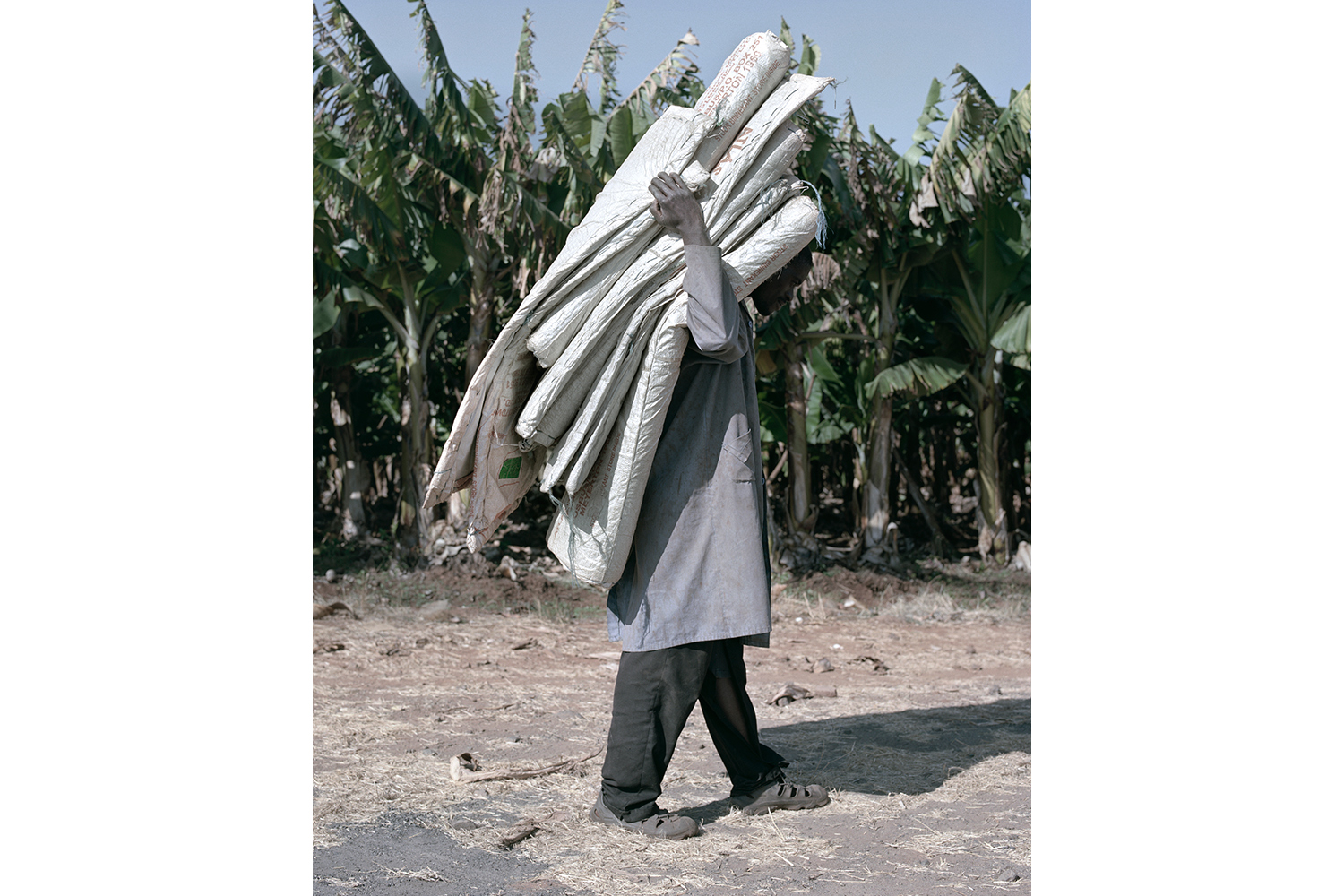
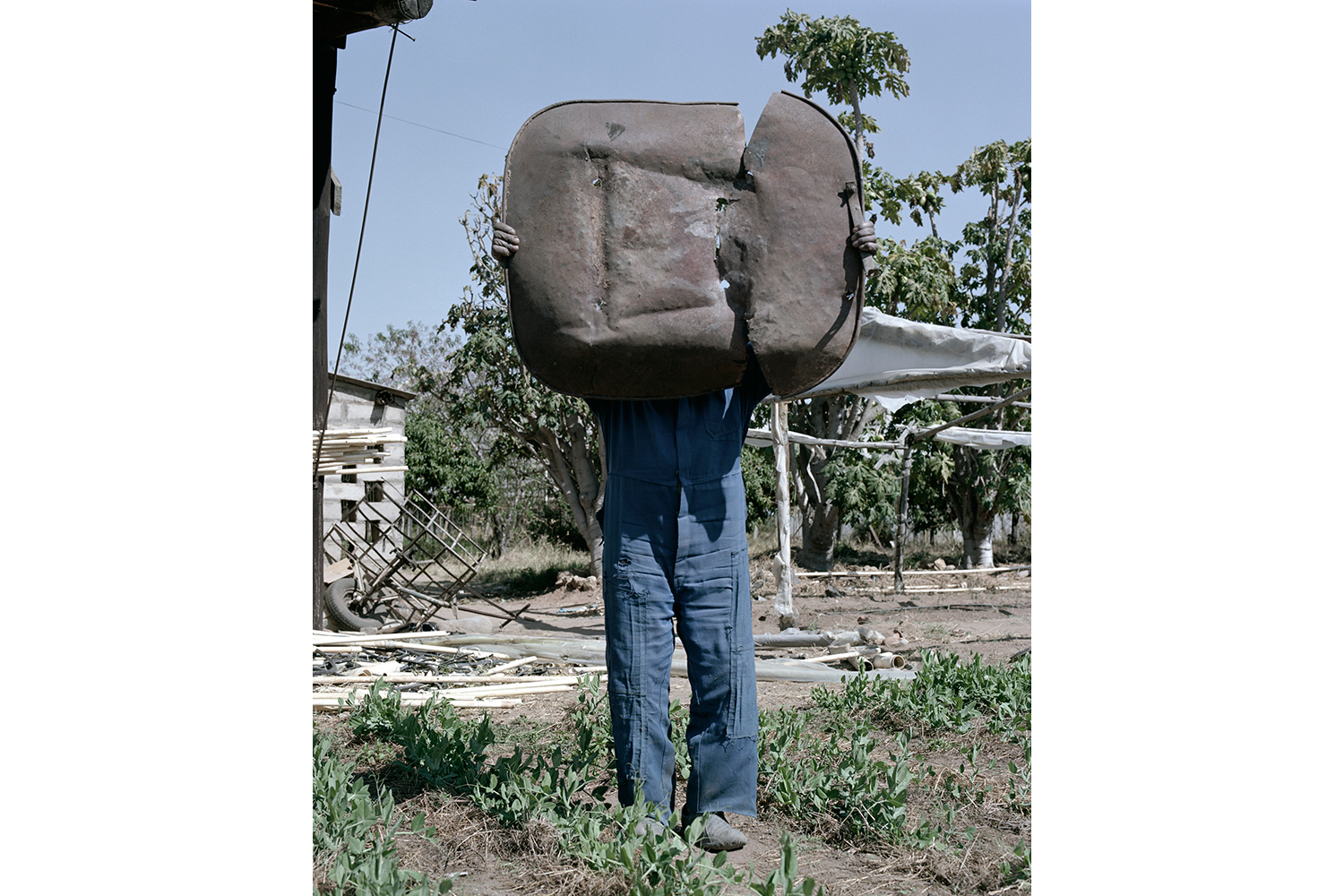
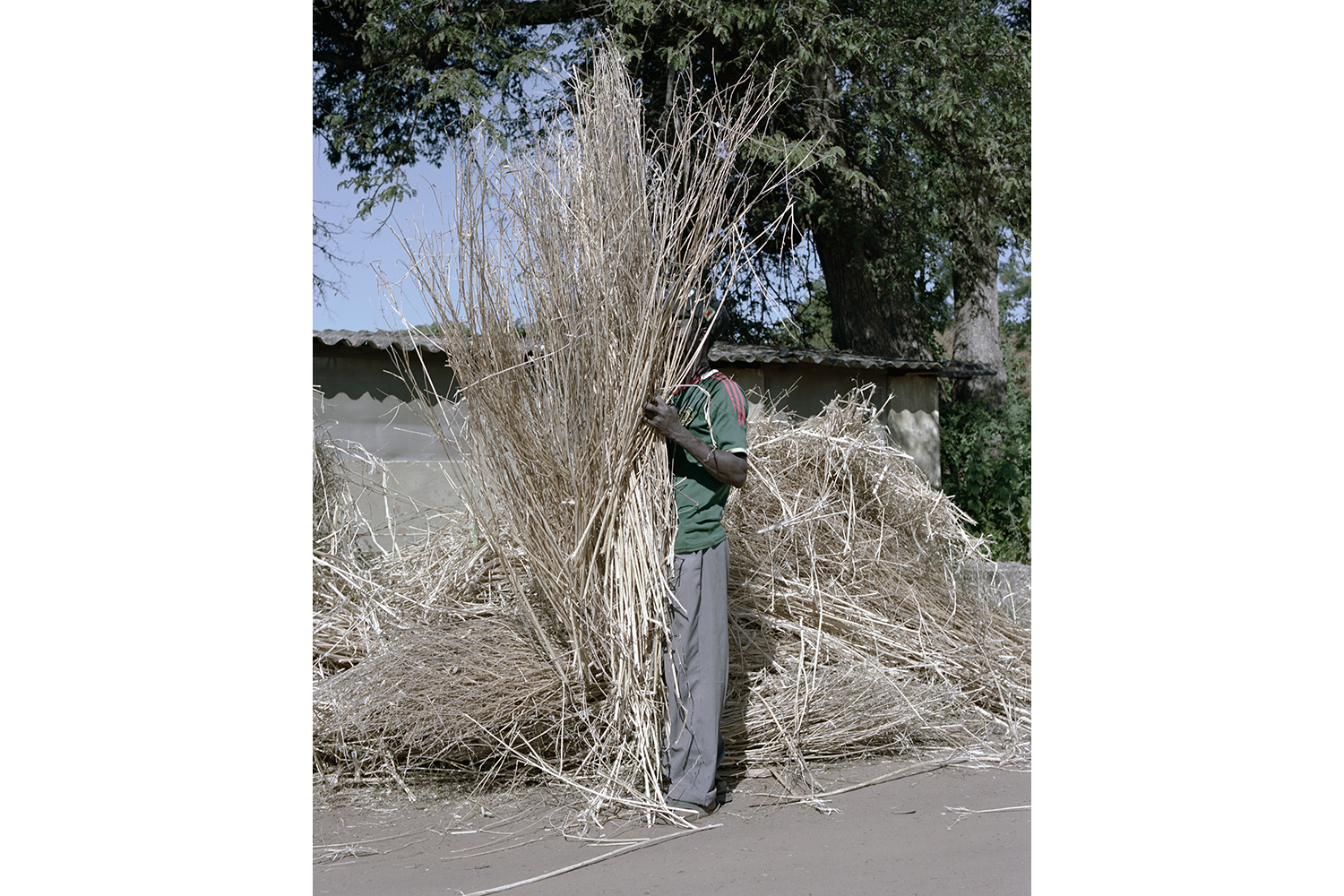
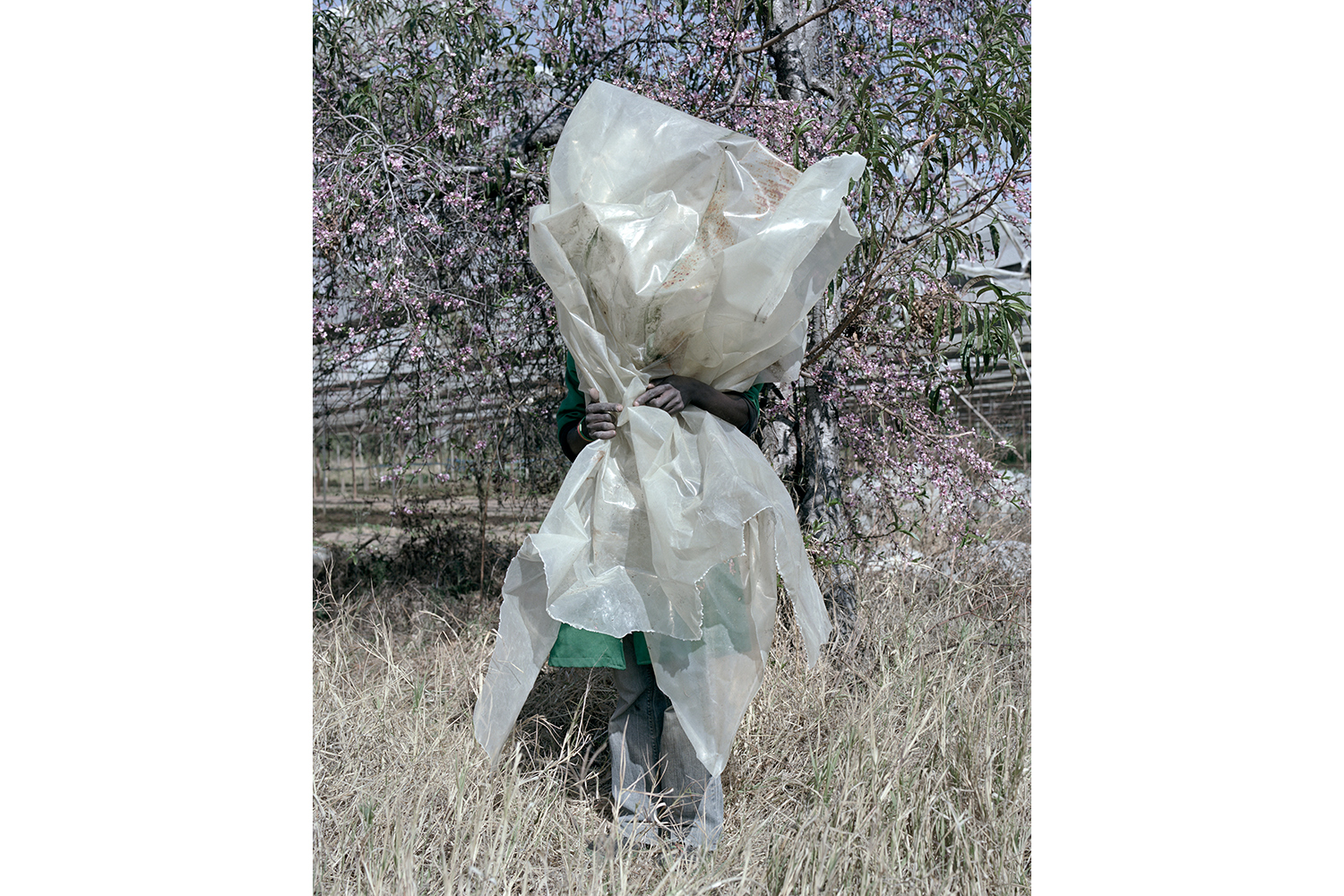
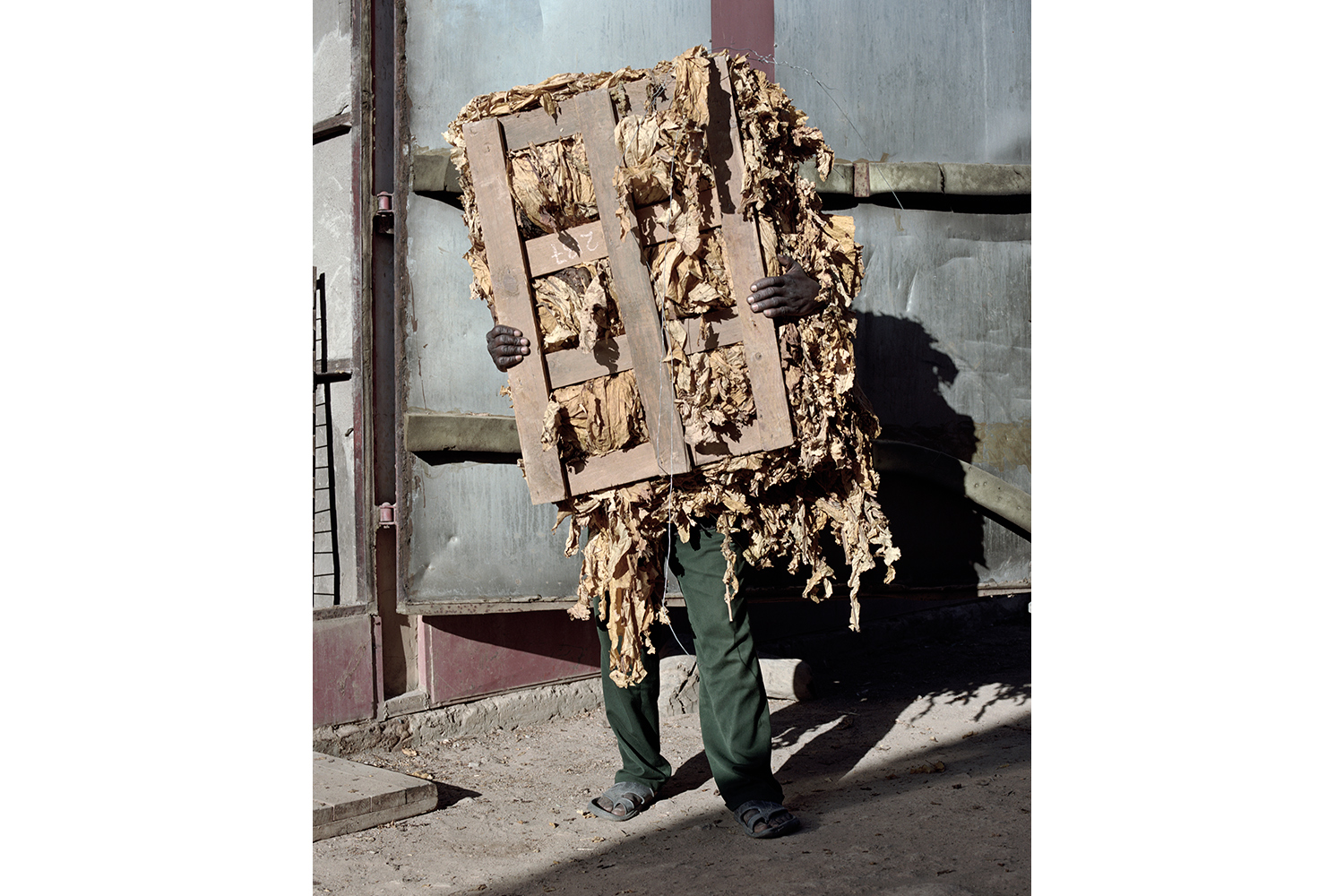
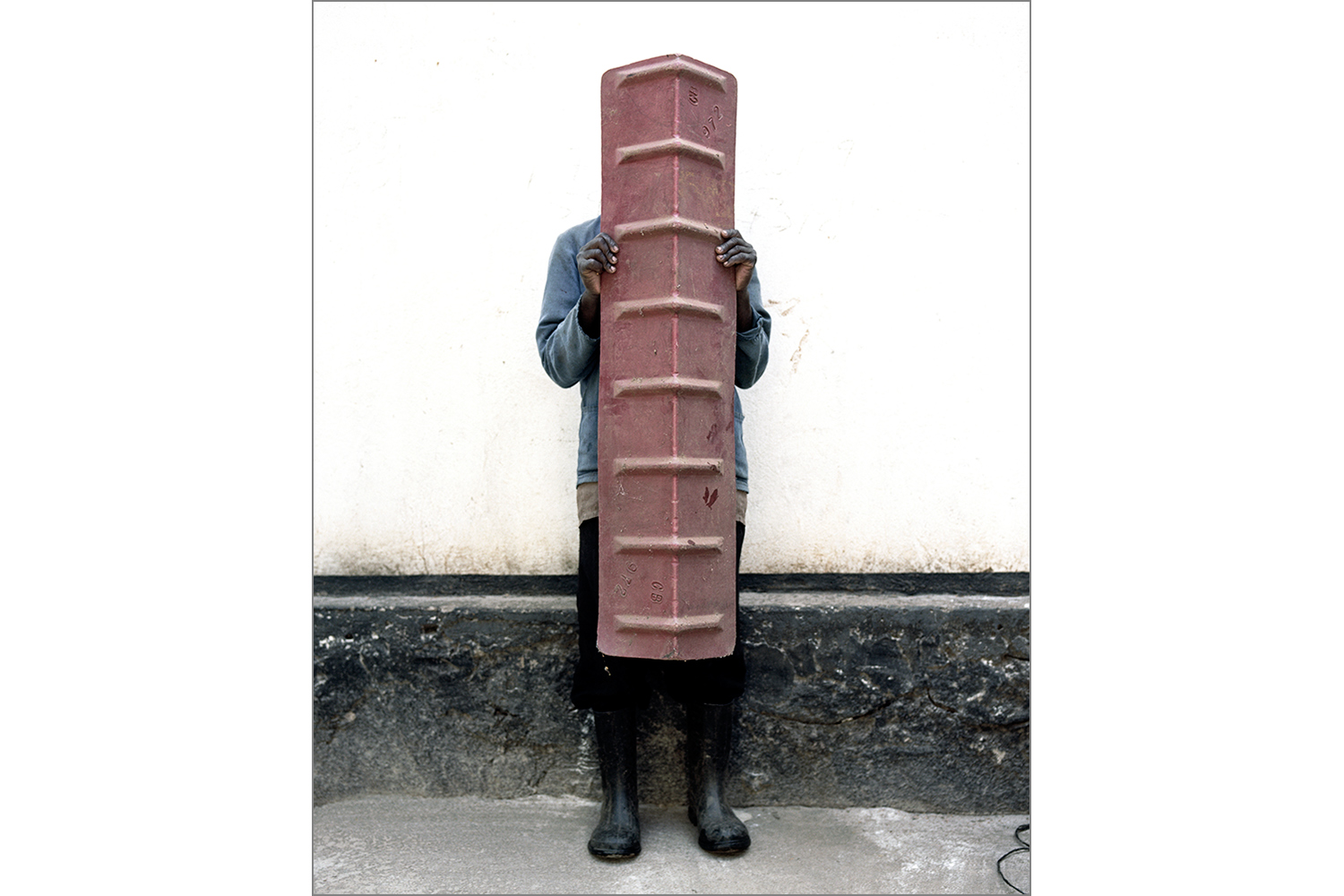
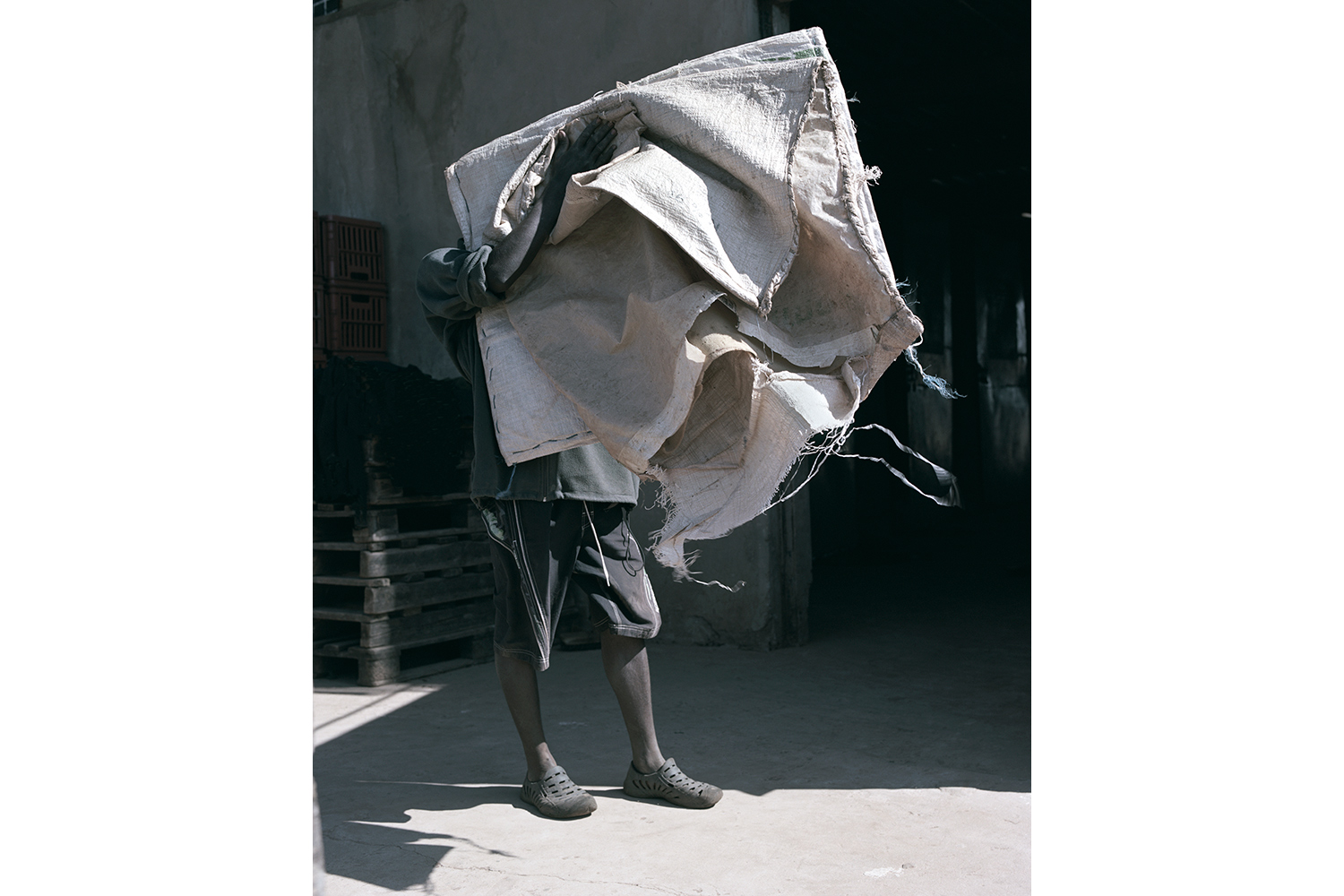
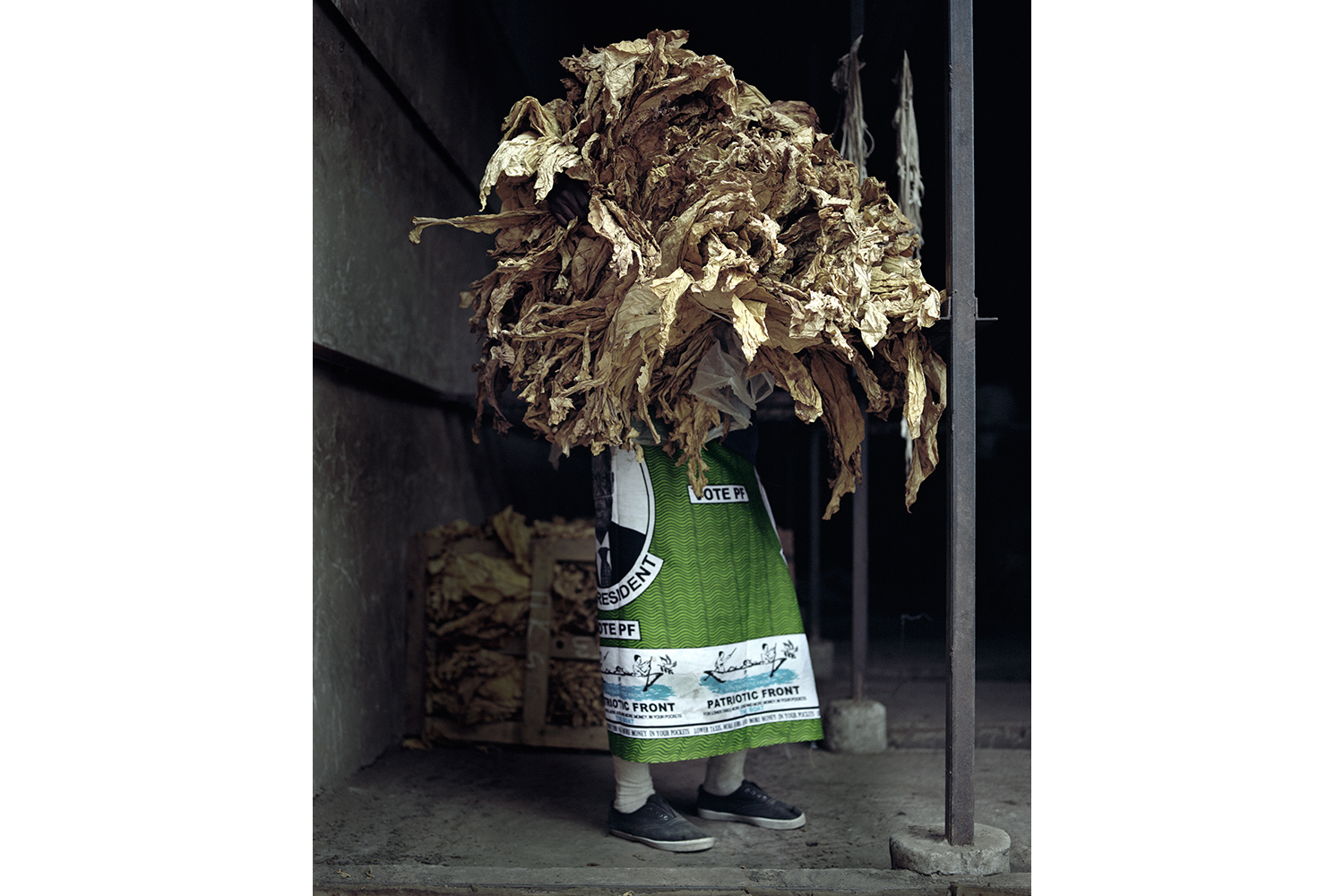
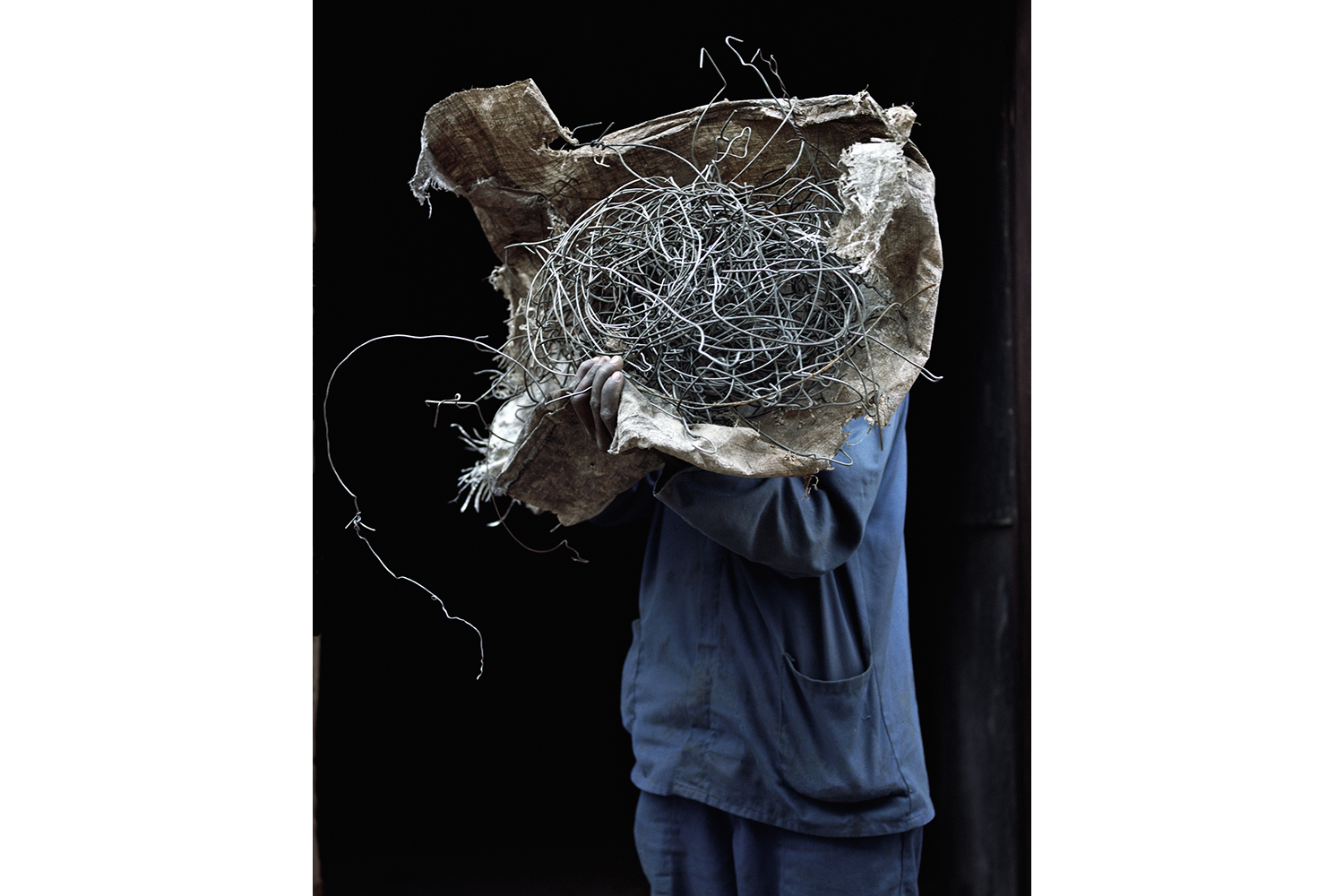
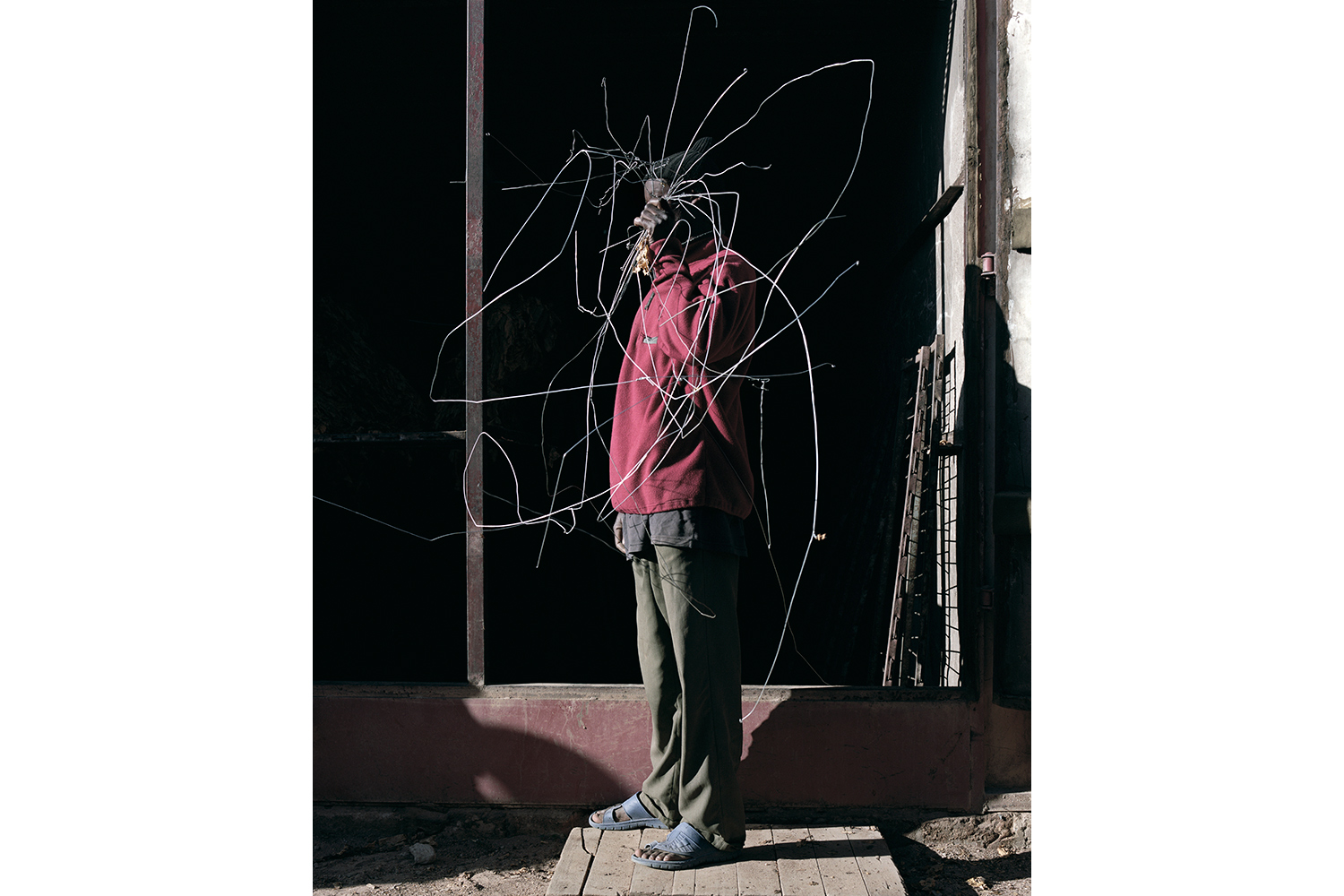
More Must-Reads from TIME
- Inside Elon Musk’s War on Washington
- Meet the 2025 Women of the Year
- The Harsh Truth About Disability Inclusion
- Why Do More Young Adults Have Cancer?
- Colman Domingo Leads With Radical Love
- How to Get Better at Doing Things Alone
- Cecily Strong on Goober the Clown
- Column: The Rise of America’s Broligarchy
Contact us at letters@time.com